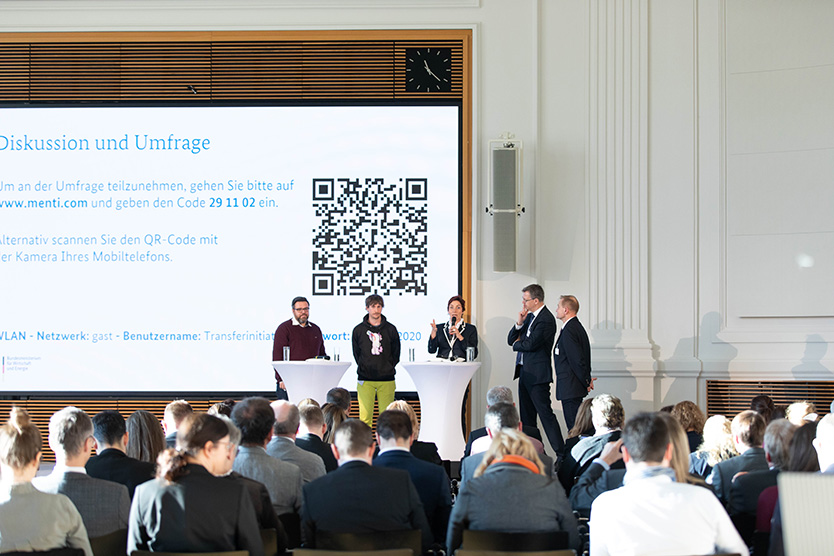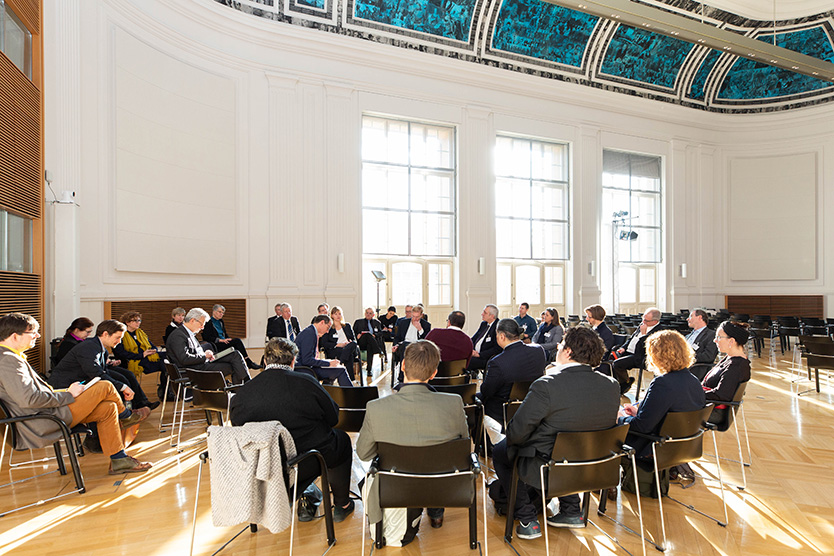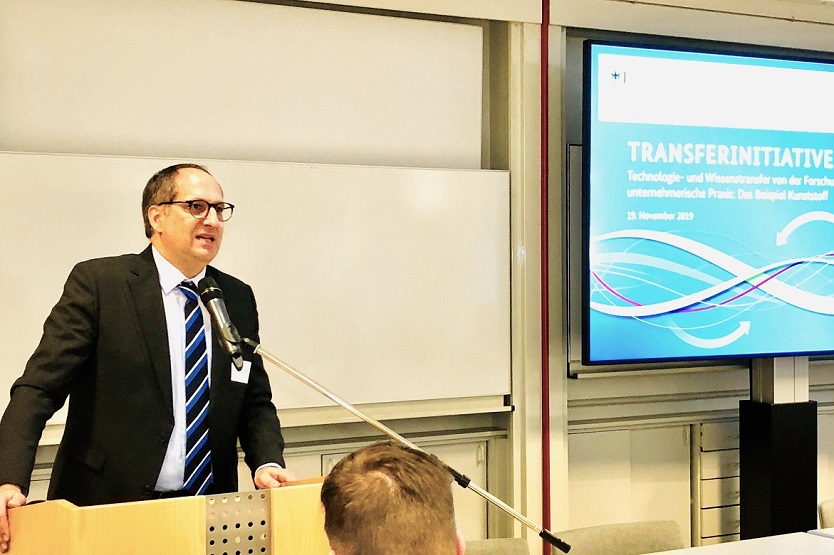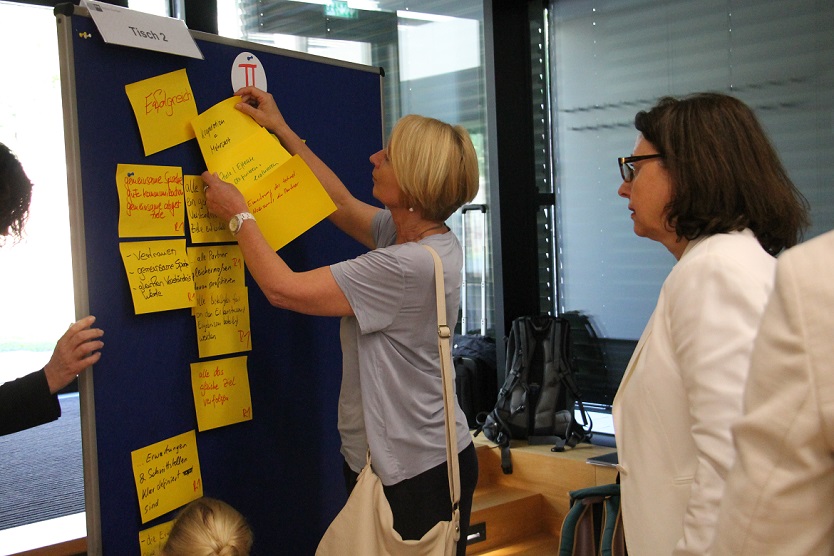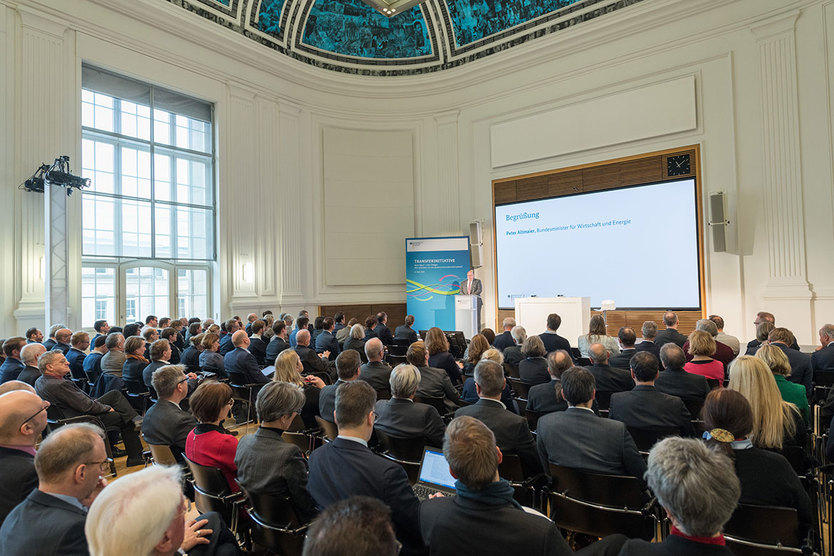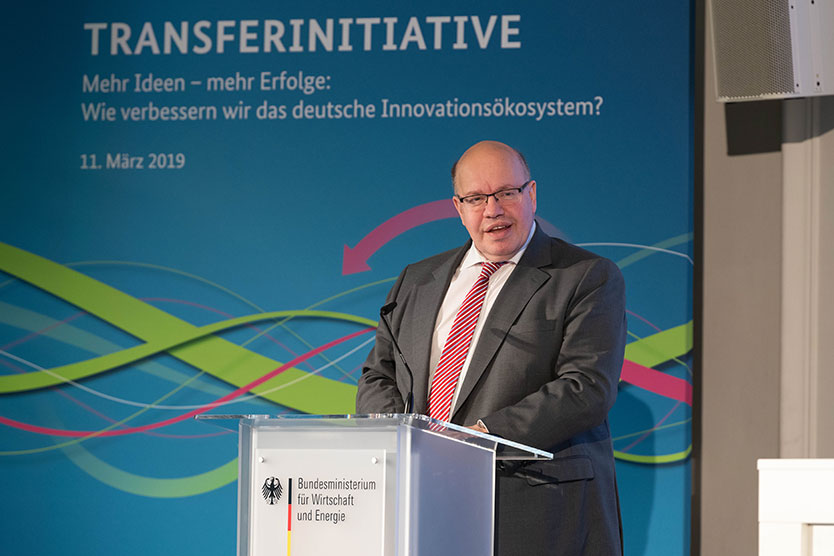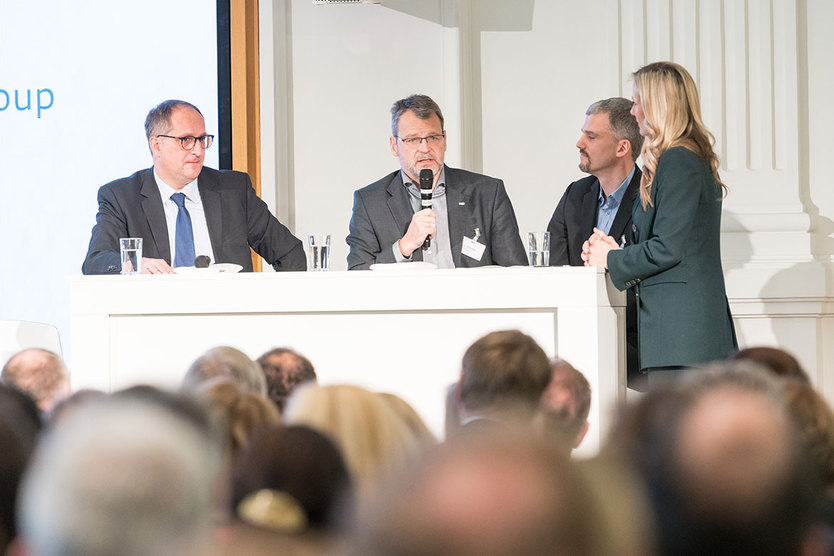| From 8-30 April 2020, the Federal Ministry for Economic Affairs and Climate Action conducted an online survey on the effects of the coronavirus pandemic on research, development and innovation (R&D&I) activities by companies. The results of the survey can be found here (PDF, 790 KB) (in German) In response to the coronavirus crisis, the Federal Ministry for Economic Affairs and Climate Action has already implemented numerous measures as part of its innovation and digital support programmes (PDF, 145 KB) (in German) to make the processes involved less bureaucratic, support digitisation, and make it easier for innovative SMEs to access these programmes. For a number of best-practice examples from the Federal Ministry for Economic Affairs and Climate Action's research, development and innovation funding programmes intended to help contain the coronavirus pandemic, please click here (PDF, 167 KB) (in German). |
Innovative public procurement, June 2020, virtual event
The fifth transfer initiative dialogue event took place as a virtual conference and focused on the potential of innovative public procurement for technology and knowledge transfer.
As part of its preparations for the event, the Federal Ministry for Economic Affairs and Energy conducted an online survey on innovative public procurement from 18 May to 5 June 2020. The results of the survey can be found here (PDF, 789 KB) (in German).
Innovative public procurement can have a huge leverage effect on technology and knowledge transfer. The transfer initiative dialogue therefore looked at how public procurement can contribute even more to paving the way for innovative products and services to enter the market.
Mr Thomas Jarzombek, Commissioner for the Digital Industry and Start-ups at the Federal Ministry for Economic Affairs and Energy and Federal Government Coordinator of German Aerospace Policy, gave a presentation showing the potential held by innovative public procurement. Following this, Professor Michael Eßig (PDF, 324 KB) (in German) from the University of the Federal Armed Forces in Munich outlined the ideal conditions for implementing innovative public procurement more broadly.
The dialogue was used to discuss and develop ideas on how innovative public procurement can be used as an instrument of knowledge and technology transfer to an even greater extent in the future. Keynote speeches were given by contracting authorities (PDF, 532 KB) (in German) and suppliers (PDF, 250 KB) (in German) to present their points of view, and a live survey was undertaken among the participants (PDF, 481 KB) (in German). These especially focused on the question as to what extent SMEs and start-ups in particular are able to participate in innovative public procurement.
Participants of the event used the workshop to develop the following core statements:
Statement 1: It is very important for contracting authorities to have an internal innovative procurement strategy.
Statement 2: Internal training on innovative procurement instruments supports knowledge development at the contracting authorities.
Statement 3: The establishment of an e-marketplace is welcomed by suppliers and contracting authorities.
Statement 4: Communication between contracting authorities and suppliers is a key element.
Statement 5: Suppliers need simpler access conditions so that innovative products and services are able to reach the market.
Statement 6: Suppliers need functional service descriptions.
